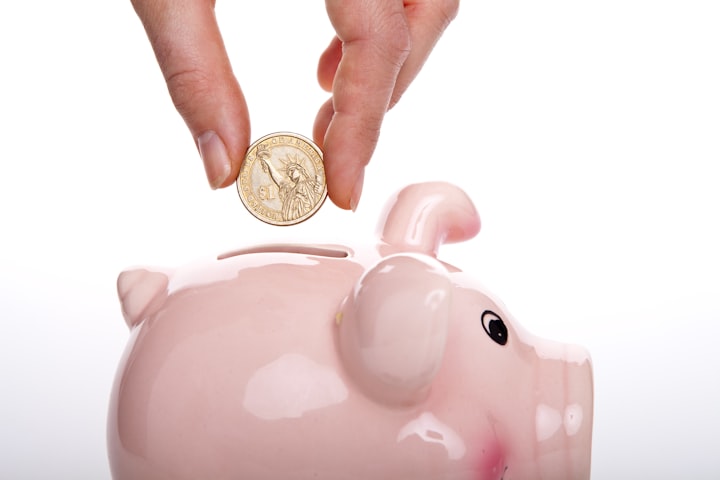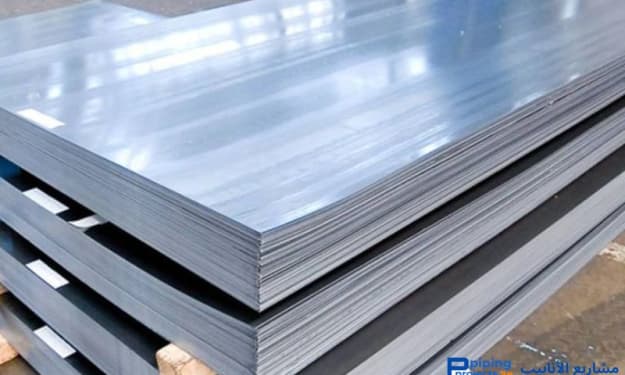Don’t Save For A Rainy Day
Confessions of a recovering “Financial Minimalist”

I have a confession to make: I’m a recovering saver and financial minimalist. I used to save half of everything I earned for over a decade but I’ve seen the light, and I now understand that was a huge mistake.
For years, saving money was my religion. I budgeted every penny, never spent excessively, and watched my bank account grow. However, there was a problem. I missed a gaping hole in my plan that I would not discover until years later when disaster struck.
When I graduated from university in 2001 with a post-graduate degree in the healthcare field, there wasn’t much out there in the way of financial advice. The internet was just a baby and most financial books were outdated by the time I had read them.
Back in those days, your typical financial advice came from either your parents, the nice lady at the bank, or by asking successful people in your industry how they managed their finances. For me, that successful person was James.
James had graduated five years prior in the same industry and was doing well by most metrics. He had a nice house, a nice car, a wife, two awesome kids, and a large bank account.
With 7 years of school behind me and multiple student loans to pay, I asked James to show me the quickest path to a large bank account. His advice at the time was this:
“Move back in with your parents, aggressively pay down debt, and save half of everything for a rainy day.”
I nearly vomited at the thought of moving back home, but I was so scared of failing and being broke that I followed his seemingly sensible financial advice without question.
After paying down all my debt in less than 3 years, I moved out of my parents’ house, bought the cheapest condo on the market, and saved 50% of my pre-tax income for 11 years. (Years later, I realized that James’ saving advice was 50% of after-tax dollars not pre-tax so, in reality, I was saving closer to 75% of my income!)
While I had achieved some level of financial security, I was missing something BIG. It took a series of personal tragedies to realize the true impact of the mistake I had made.
After my daughter was born, my wife was hospitalized with a life-threatening infection. She was admitted to the hospital, bounced in and out of the ICU for weeks, and was near death at least twice. Thankfully, through the hard work of the smartest infectious disease docs I had ever met, she recovered a month later.
After her release from the hospital, she would require many follow up treatments and specialist visits. With a newborn daughter and a spouse requiring constant care, I was exhausted, and my business was failing fast.
Eventually, I returned to work almost two months later. By now, the bills were piling up, and most of my clients had moved on to other practitioners. A rainy day had finally arrived and thanks to James’ advice, I was somewhat prepared.
Having money in the bank provided a nice cushion. However, as a healthcare provider in private practice, I had zero job security and no alternative sources of income. All of my clients were gone and I was starting from zero.
Over the next two months, money was flowing out and very little was flowing back in as I tried to re-grow my business. I watched my once-full bank account dwindle as I paid business expenses and personal bills out of my life savings. Going into debt, even to save the business, was not an option.
Slowly, I started to recover from my financial crisis, when another tragedy struck: My mom died suddenly two months later. Any progress I had made was wiped out once again, as I stepped away from my practice for the second time that year.
Freelancers, health professionals, lawyers, and pretty much anyone self-employed, may not realize that despite being highly educated and earning more income than most, they are still operating a service-based business — much like an employee in a restaurant or grocery store. Like them, you can only make money when you go to work.
And therein lies the problem. If you can only earn income when you are physically present in your business, you don’t have a business, you have a job that you created for yourself. It is this realization that changed everything for me. (A good book on this topic is “The E-Myth” by Michael Gerber)
While saving money allowed me to weather a few financial storms, I had not been investing properly. Sure, I had maxed out retirement savings and saved substantial emergency funds, but I had not created alternate sources of income that could sustain me during a prolonged absence. In other words, I had yet to invest in assets that could produce replacement income, and my family was still reliant on my physical presence at a job to pay the bills.
Fast forward a few years and I have learned the hard way that this is the financial advice I should have received as a new graduate almost 20 years ago:
Invest in things that pay you every month.
This includes minimal effort businesses, dividend-paying stocks, startup investments, commercial real estate, affiliate businesses, royalties on intellectual property, etc. Financial security and financial freedom mean multiple sources of consistent monthly income. Not just money in the bank.
Recently, I have taught myself how to invest in startups and other businesses that produce monthly cash flow. This has become my new financial strategy and I am learning more every day. Every investment I make today must have a monthly cash flow component that produces income, or it’s not worth it.
Of course, being financially secure also involves choosing an asset that is safe, not subject to economic downturns, and is relatively turnkey. While I’m a big fan of set it and forget it investments, many of these income-producing projects will take a lot of time and effort on the front end, but should not occupy more than a few hours of my time each week once established.
Recently, I have invested in a tech startup, a residential development project, freelance writing, and a coffee roasting business. All of which either add to my income every month or will begin to produce additional income soon.
I don’t have the stomach for a fresh start anymore. My new goal is to acquire assets that will completely replace my monthly income and provide a huge chunk of change when I sell them in the future. No more saving for a rainy day.
About the Creator
Chris Hudson
Hey, it’s me, Chris. I write about productivity, tech and family. Get my subjectively awesome newsletter here.
Enjoyed the story? Support the Creator.
Subscribe for free to receive all their stories in your feed. You could also pledge your support or give them a one-off tip, letting them know you appreciate their work.






Comments
There are no comments for this story
Be the first to respond and start the conversation.